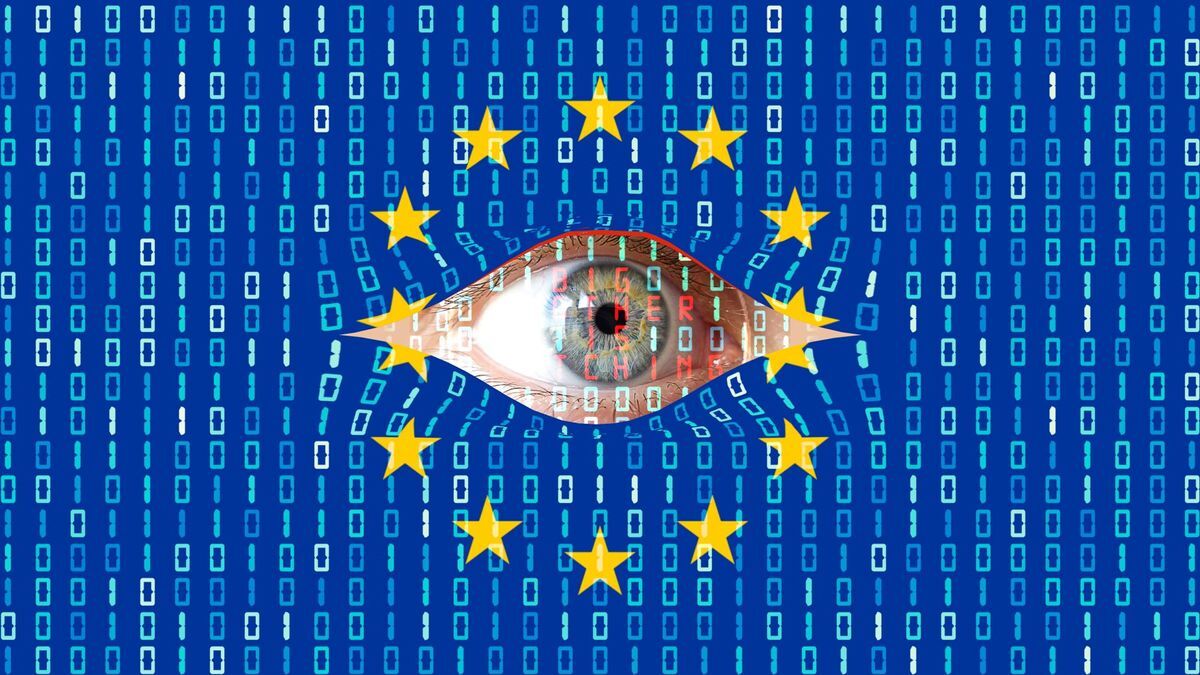A few days after EU citizens were called to vote on their next parliamentary representatives, we just have a rough idea of what the upcoming political squad will look like. What is certain, however, is that anti-encryption sentiments are still thriving across the Union.
We already reported the revised proposal to halt the spread of online child sexual abuse material (CSAM) that wants your permission to scan your WhatsApp messages. Now, a leaked 42-point plan puts forward new recommendations on how companies must handle people’s online activities, including data retention, access, and interception of all digital services.
The goal is simple: make the digital devices we use every day, from smartphones and smart homes to IoT devices and even cars, legally and technically monitorable at all times by law enforcement bodies.
According to Jan Jonsson, CEO at Mullvad—one of the best VPNs around with a privacy-first mandate—all encrypted traffic will no longer be private and secure if the legislation passes. “A VPN won’t help either,” he told me. “It would mean total surveillance and that Europe’s inhabitants carry state spyware in their pockets.”
That is what keeps decent countries from joining the eu such as Norway.
I read here in a comment that it was more for historical reasons, Norway being a quite recent country that had a not ideal experiences in a union with Denmark
Ah, thank you for informing me as I was not aware.
More likely, it’s about not wanting to share oil wealth with the rest of the continent.
also fishing regulations afaik
Thanks for sharing
The status of this document seems to be highly overstated. This isn’t a 42 step plan, it’s a concise answer to a broad question a working group was asked. The numbers in front of the paragraph aren’t steps, they’re numbered because they’re official documents and these paragraphs may need to be referred to later.
The EU got law enforcement agencies together and asked “what do you think we need to do to modernise law enforcement”. Obviously the police force is going to ask for a carte blanche, they’re not competent enough to catch serious criminals anymore. That doesn’t mean any of this will make it into law. The references to voting are also pretty random considering the European parliament is largely opposed to suggestions like these.
Asking a VPN company whose business runs on privacy scares about potential privacy impact is like asking Google about ad regulations.
An unsettling, but hardly unexpected, result of an inquiry, but this article doesn’t do a good job reporting on it.






